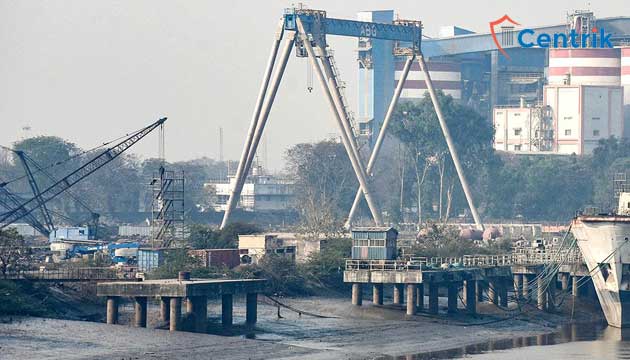
Status as on- 11/02/2023
Supreme Court has passed the landmark judgment in the recent time in case of “Sundaresh Bhatt, Liquidator of ABG shipyard vs. Central Board of Indirect Taxes and Customs, in which it was held that the provisions mentioned in the “Insolvency and Bankruptcy Code, 2016” will prevail over the provisions laid down in the “Customs Act, 1962” and also set aside the order of the National Company Law Appellate Tribunal”.
The appeal was filed in the Supreme Court in which the NCLAT order was challenged wherein it was held by the appellate tribunal that the goods kept in the warehouses of the customs department are not the assets of the Corporate Debtor as the Corporate Debtor has failed to pay the customs duties and therefore failed to take the control of its assets and due to this reason Corporate Debtor is deemed to have relinquished its title to its goods by legal implication in terms of the Customs Act.
The question that came up before the Supreme Court was related to the overriding effect of the above-mentioned two acts i.e., whether the provisions of the Insolvency and Bankruptcy Code will prevail over the Customs Act or whether the Customs Authority is right to confiscate the goods of Corporate Debtor which is under liquidation.
OBSERVATIONS OF THE SUPREME COURT
The Supreme Court has observed that the Customs Act, 1962, and the IBC act in their own spheres. In case of any conflict Insolvency and Bankruptcy Code overrides the Customs Act. The Customs Act and the Code can be read in a harmonious manner wherein customs authorities have limited jurisdiction to determine the quantum of operational debt. The Code would prevail over the Customs Act. to the extent that a moratorium is imposed in terms of sections 14 or 33(5) of the Code. Post assessment of tax, the customs authority has to submit its claims timely related to the customs debt or operational debt, in terms of the procedure laid down in the Code. The customs authority is not authorized to claim for the recovery of interest on tax due during the period of moratorium. Therefore, they cannot transgress the such boundary and proceed to initiate a recovery in violation of section 14 or 33(5) of the Insolvency and Bankruptcy Code.
The liquidator/Resolution Professional/Interim Resolution Professional has the obligation to ensure that the assessment is legal, and has been provided with sufficient power to question any assessment if he finds the same to be excessive. Hence IRP/RP/Liquidator, in any case, can immediately secure goods from the customs authority to be dealt with appropriately, in terms of the code.
Disclaimer: The above article is based on the personal interpretation of the related orders and laws. The readers are expected to take expert opinions before relying upon the article. For more information, please contact us at ibc@centrik.in.




 join For Updates
join For Updates